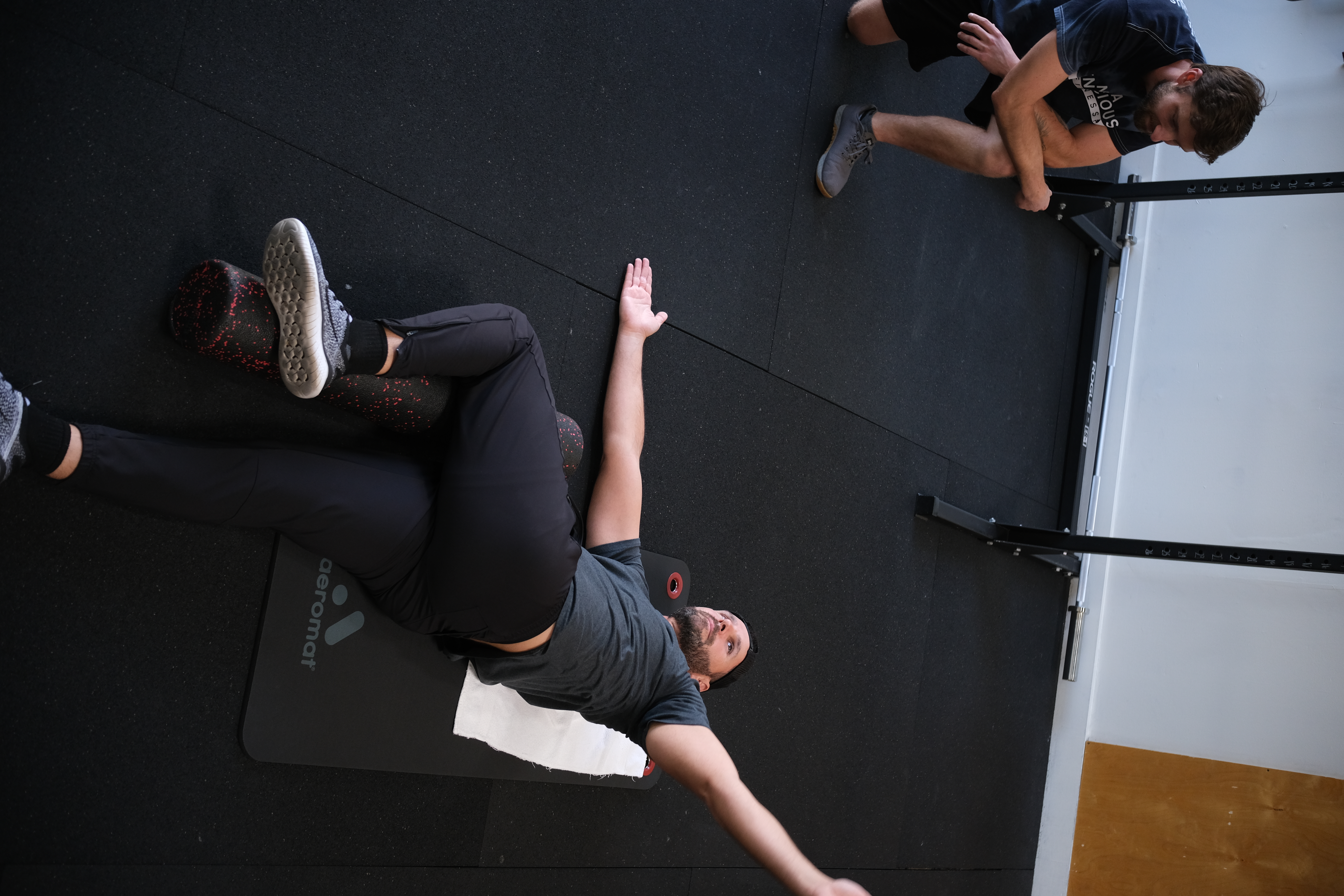The stress and demands of everyday life can cause our bodies and minds to endure stress of various degrees. Clocking in to work for an eight to ten-hour shift, putting out a fire at your job, keeping tabs on our children’s progression in a school, or navigating through the intricate labyrinth of financial logistics to support ourselves and the people we care about are intense staples commonly experienced. Needless to say, we put ourselves through the wringer so we can be the most productive and successful versions of ourselves.
Along with the demands of everyday life, our body produces chemicals that circulate through our blood in response to mentally and physically rigorous situations. Better known as stress hormones, these chemical messengers increase our heart rate and blood pressure, excite our nervous system, and relay the message to our mind to be more alert to function in high-paced environments. As our bodies endure stressful situations, our heart rate increases, we get anxious, and we might start sweating slightly. This reaction is caused by stressful stimuli we perceive so our body can react in a stressful environment.
Stress hormones such as epinephrine and adrenaline are known for their ability to increase heart rate and blood pressure to stimulate a human’s ability to move faster. These stress hormones can have a bad reputation. Increased heart rate and blood pressure are frowned upon when we compare those two variables to the healthy standards of having a resting heart rate of around 60 to 100 beats per minute and having a blood pressure of 120 mmHg systolic over 80 mmHg diastolic. However, an increased heart rate and blood pressure are beneficial in the correct circumstances.
When the body is prompted to move in a way that requires a higher capacity of physical exertion than sitting, standing, or leisurely walking, a strong and efficient heart rate along with a steady flow of blood throughout our arteries and veins is optimal when physically exerting the body such as moving heavy objects, walking up and down stairs, or running around with our kids. When the muscles of our body enter a physically exertive state, they require oxygen and energy to move. If our heart sends out a sufficient supply of oxygenated blood to the working muscle, the muscles will continue to work efficiently. Therefore, increased physical work equates to an increased working heart rate so blood flow can circulate to and from the functioning skeletal muscle. In this instance, a stimulated heart rate and neuromuscular system caused by an increase in stress hormones benefits the body.
In contrast, stress hormones can be suboptimal for our health. What happens if our body perceives stressful stimuli from an unfortunate financial situation, our children get sent home from school for cussing, or we get in a heated conversation with a colleague at our jobs? You can bet our heart rate will increase a few beats per minute, we might get a little angry or excited, and a lot of energy is going to be spent thinking about these unfortunate situations. In this example, stress hormones are produced from a psychological and emotional stimulus while muscles in the body work very little, or, not at all. The result of such a stressful situation creates a surplus amount of stress hormones that can leave us feeling physically exhausted when all we did was think about an unfortunate event that left us feeling angry, aroused, or distraught. To endure the rest of the day in a mentally fatigued state from a stressful situation is an undesirable situation to be in.
Fortunately, the body has the ability to adapt and armor itself to psychological and emotional distress when the body is in optimal physical condition. When we enter a bout of exercise that includes routines demanding the body to move past its comfortable range of motion, manipulate more mass in the extremities than it’s accustomed to, or endure a continued pace of aerobic stress, natural adaptations to a source of physical stress from exercise occur. As an adaptation to consistent exercise, the body has the potential to manage stress hormone production efficiently without becoming overstressed during exercise. This adaptation carries over during the sedentary periods when we sit down to work, talk on the phone, or interact with people after exercise as well. Therefore, if we train our bodies by routinely exercising at a moderate intensity, we can train our bodies to endure psychological and emotional stressful situations that occur through social interactions.
We recommend our personal training clients to exercise before the hustle and bustle of everyday life occurs. In other words, it’s beneficial for the reduction of stress to set aside time to exercise before you clock in to work, pick your kids up from school, or before the grind of executive decision-making through emails, texts, and phone calls begins. If we can accomplish a bout of exercise or recreational physical activity before the real demands of life begin, we’ll use up most of those stress hormones from our exercise routine and the likelihood of having a stressful situation alter our well-being is less.
Give yourself the gift of exercise and get the hardest part of your day out of the way by exercising in the morning or before your workday. By doing so, you’ll have a potent tool to help you flourish in your everyday life.
Sean McCawley, the founder and owner of Napa Tenacious Fitness in Napa, CA, welcomes questions and comments. Reach him at 707-287-2727, napatenacious@gmail.com, or visit the website napatenaciousfitness.com.

